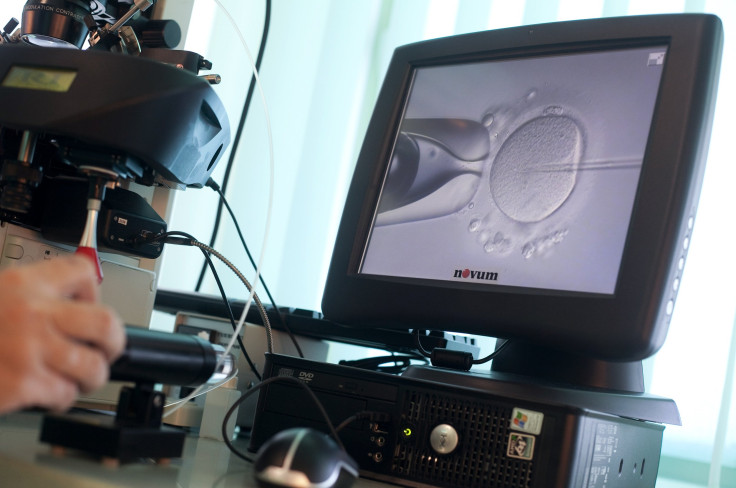Chemical Component In Moisturizers Can Help Improve IVF Rates: Study

A team of scientists is testing whether an ingredient present in daily moisturizing creams can help improve the success rate of in vitro fertilization treatments. The scientists suspect that hyaluronic acid may help sperm stick to an egg during IVF.
Embryologists at the University of Leeds are performing a clinical trial at the university's lab to check whether the chemical can actually help produce a “sticky sperm.” Hyaluronic acid is a common component of major beauty products. It is responsible for maintaining the elasticity of skin cells and the normal hydration of the joints and hair.
"We want to investigate whether hyaluronic acid helps better-quality sperm stick to an egg,” said Dr. David Miller, the lead researcher for the clinical trial, in a statement.
“We need to be in a position to choose the best-quality sperm for the egg because the IVF method we are using involves injecting a sperm directly into the egg, so it's advisable to choose the sperm with the least DNA damage." Miller is a reader in molecular andrology at the university's School of Medicine.
In this new technique, a sperm is added to a slotted petri dish, which has a drop of hyaluronic acid placed at the end of each slot. As the sperm swims toward the slot, it gets stuck in the acid drop. The entire procedure takes about 10 minutes and the researchers claim there is no damage to the DNA during the process.
IVF makes use of the technique called intracytoplasmic sperm injection (ICSI) to inject a sperm into the female egg for fertilization, before the resulting zygote is transferred to the woman's uterus. Infertile couples who are unable to conceive generally opt for this treatment option. It is estimated that men and women contribute equally to the infertility issues faced by couples.
© Copyright IBTimes 2024. All rights reserved.











